Climate Tech Marketplace
A networking expo that connected business and government customers with innovative climate technologies and highlighted the Air District’s role as an accelerator toward implementation of new climate technologies.





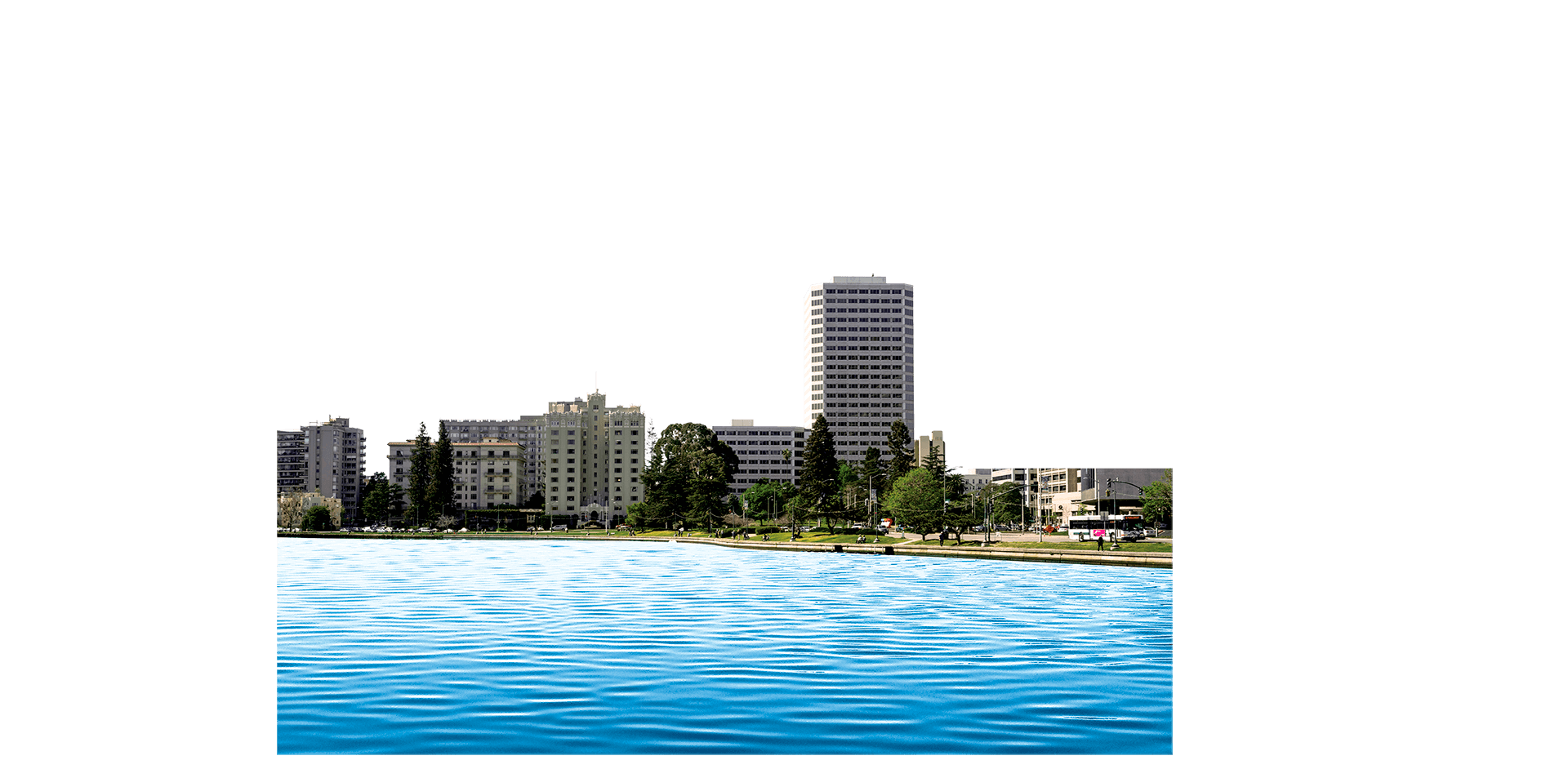



Solving the problems of air pollution and the global climate
depends on collaboration with partners and participation
from the greater Bay Area community and beyond.
The Air District hosted two events in conjunction with the Governor’s Climate Summit.
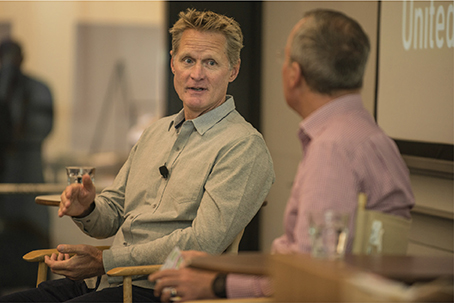
An event featuring city and county elected officials, and business leaders worldwide who signed a Statement of Purpose committing their municipality to go diesel free by the end of 2033.
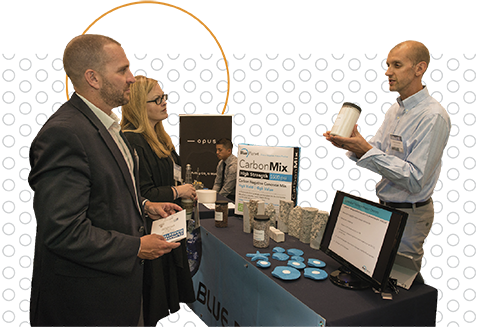
A networking expo that connected business and government customers with innovative climate technologies and highlighted the Air District’s role as an accelerator toward implementation of new climate technologies.
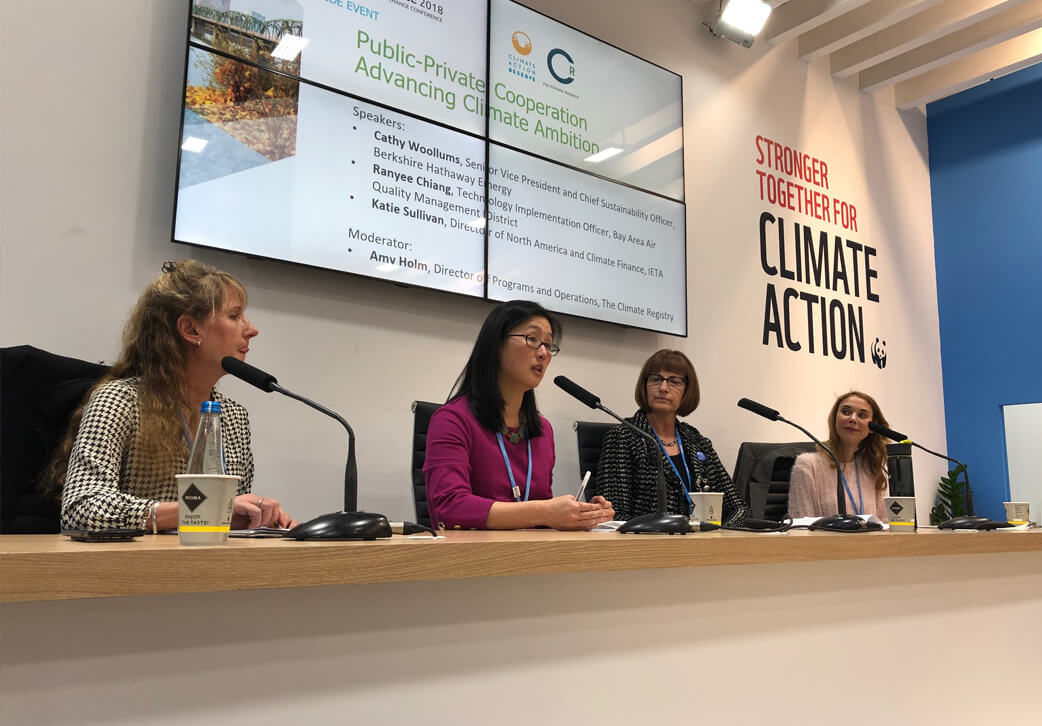
The Air District awarded $4.5 million in grants for innovative climate protection projects. A $400,000 grant went to the Bay Area Regional Energy Network to develop a regional program to replace traditional natural gas water heaters with electric heat pumps. The Alameda County Waste Management Authority was awarded $263,000 to use automated sensor technology to help reduce contamination in compost, making the compost more marketable. Marin County, working along with other jurisdictions, was awarded $206,000 to develop a model policy to require that low-carbon concrete be used in construction projects.
Executive Officer Jack Broadbent and Technology Implementation Officer Ranyee Chiang participated in the COP24 Conference in Katowice, Poland in December. The Air District was part of a delegation of state and local governments, businesses, and non-profits from the United States. The Air District highlighted Bay Area commitments and partnerships, a crucial counterweight to the federal government delegation’s push for the continued use of fossil fuels.

Hundreds of local students came together to discuss clean commute alternatives, learn about paid internships and the latest climate science and technologies, and to participate in peer-led leadership workshops.
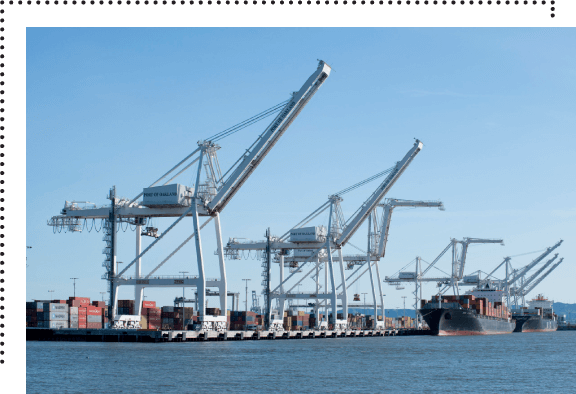
The Air District, in partnership with the West Oakland Environmental Indicators Project, held the first three steering committee meetings to begin the process of developing a Community Action Plan to improve air quality and reduce the public health burden in West Oakland. The Plan will build on existing work in West Oakland and identify air pollution sources and locations most susceptible to air pollution.
The Air District’s primary legislative goal for 2018 was to secure funding to implement AB 617, which will employ strategies to improve community health by reducing exposure in neighborhoods most impacted by air pollution. The District supported a campaign spearheaded by Assembly member Tim Grayson that resulted in a $50 million statewide allocation for 2018 as part of the cap-and-trade expenditure plan. Legislature and staff expressed the need for the same level of funding to be allocated in 2019, although no formal allocation of funds could occur in advance.
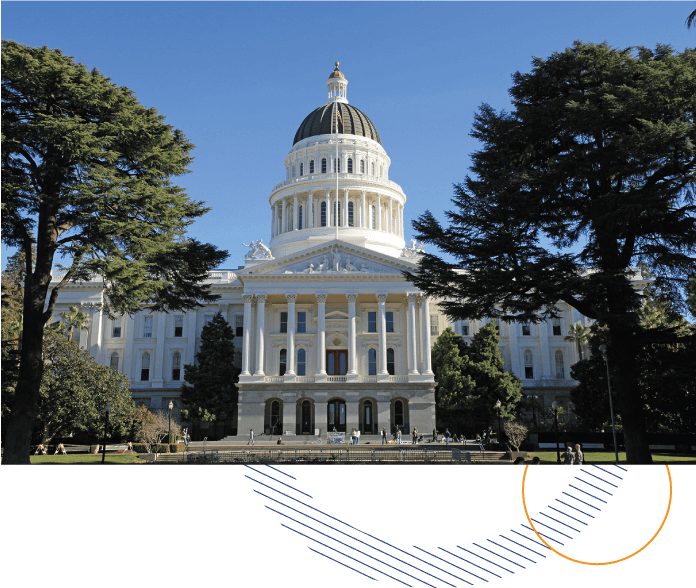
AB 2061 (Frazier): increases weight limits for electric, fuel cell, and natural gas trucks
AB 1796 (Muratsuchi): prevents landlords of rent-controlled buildings from blocking installation of tenant-funded electric vehicle charging stations
AB 1975 (Chu): to establish South Bay Interagency Odor Taskforce
SB 1144 (Dodd): to increase civil stationary source air penalty ceilings for serious violations at power plants, petrochemical facilities and refineries
AB 3059 (Bloom): to authorize congestion pricing demonstration projects
SB 1427 (Hill): to improve enforcement of HOV and HOT lanes
AB 2008 (Salas): to exclude Carl Moyer grants from taxable income